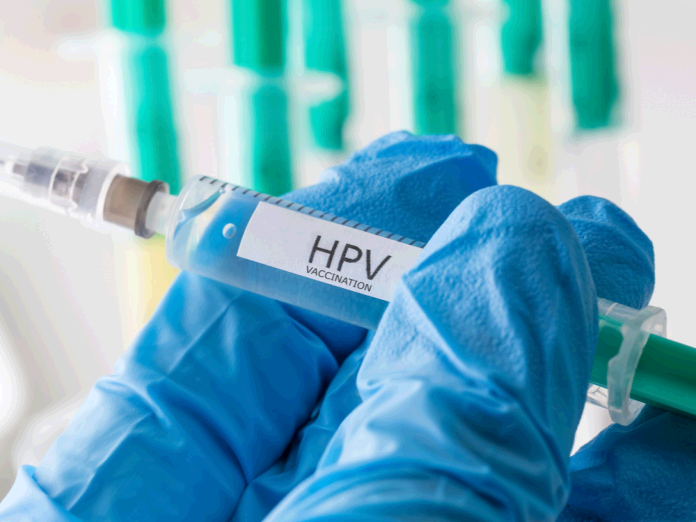
The rate of herpes has dramatically risen over the last few years. As those infected knows, warts are one of the more embarrassing side effects of the disease. Research is beginning to suggest, however, that there is the potential that components of the HPV vaccine could cure Simplex 2 warts.
The Design of the Vaccine
The basic function behind this vaccine is that it stimulates the body to produce the antibodies needed to control viruses in the blood. The particles bind themselves to our existing antibodies so that when those antibodies come across infected cells, they would know how to fight them.
This is possible because the HPV strains used in the vaccine are very similar in genetic makeup to the live viruses that cause the disease, except these are inactive strains that won’t cause the actual disease.
Although initially designed to combat the human papillomavirus, there is the possibility it could work for other STD’s.
How It Works with Genital Warts
Through the initial design of the vaccine, it’s thought to be possible that the HPV vaccine could cure Simplex X warts that inflict those with Simplex 2 herpes. This is done through the cell binding process mentioned above. It gives the body the ability to fight the infected cells that cause warts, meaning it can stop them from growing. In this sense, it is not used as a “vaccine”, so people don’t need to receive it before contracting herpes for it to work.
A study recently done on this showed that out of 400,000 females who had genital herpes, most showed significant signs of reduction in warts after 2 or 3 doses of the HPV vaccine.
In Conclusion
For every one hundred thousand people across the population, there are between 100 and 200 new cases of genital herpes reported each year. That’s almost 0.15% of the population contracting it each year. The promise that HPV vaccine could cure Simplex 2 warts can be a real breakthrough for the afflicted.





























